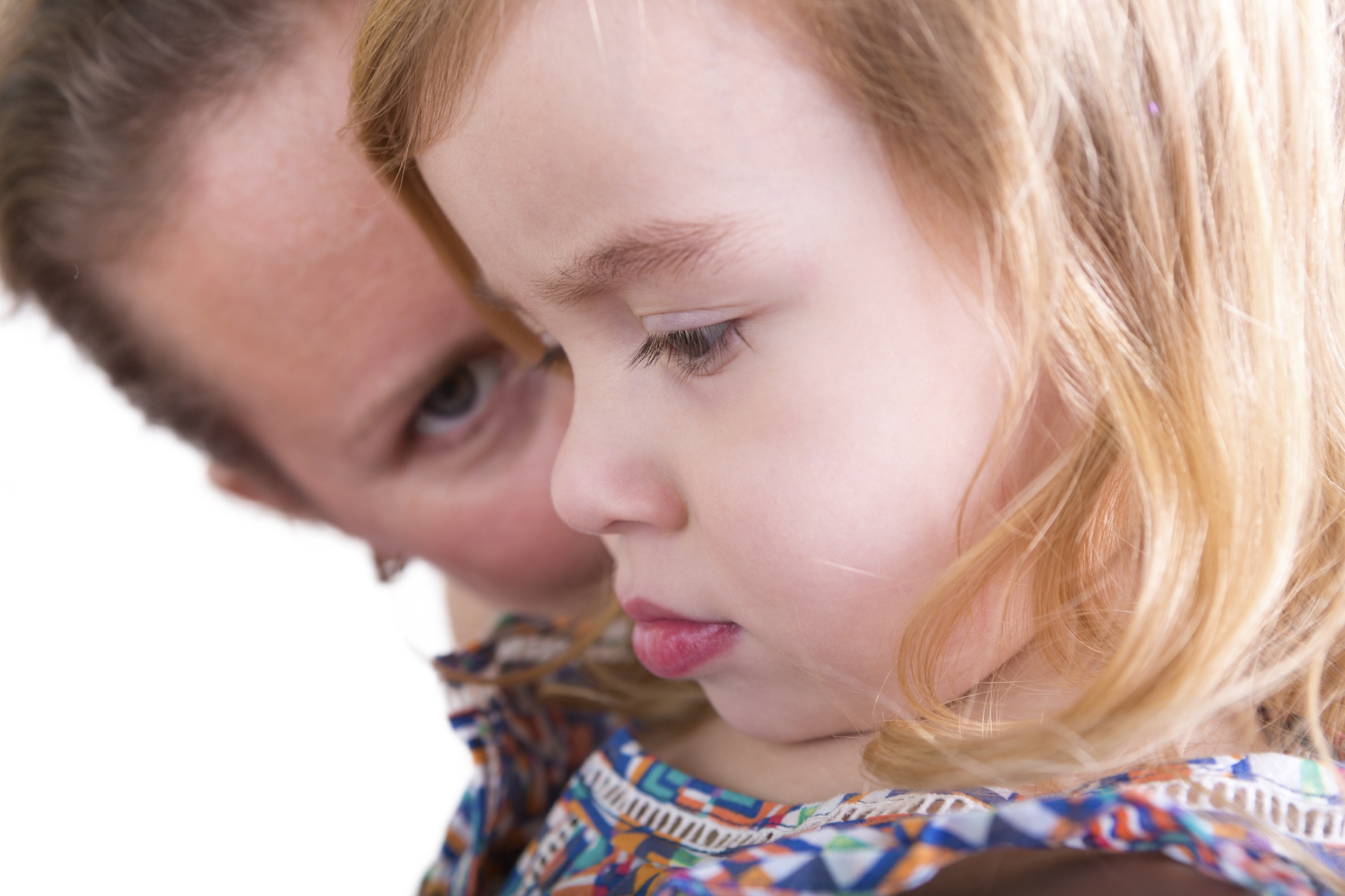 Almost five years ago my family joined the learning disabilities world. We didn’t get membership cards, and we signed on with reluctance. For years prior to our initiation, I knew there was some big reason that my youngest daughter shunned school and any and all learning games. Hindsight is an easy game, I know. But after so many tutoring sessions, slowly watching her learn her letters and finally see her love reading while she still struggles with spelling and math, I really want to share my hard-won lessons.
Almost five years ago my family joined the learning disabilities world. We didn’t get membership cards, and we signed on with reluctance. For years prior to our initiation, I knew there was some big reason that my youngest daughter shunned school and any and all learning games. Hindsight is an easy game, I know. But after so many tutoring sessions, slowly watching her learn her letters and finally see her love reading while she still struggles with spelling and math, I really want to share my hard-won lessons.
The day I signed the dotted line to accept services at the public schools, I tried to be calm as we became part of the special education department. The sobs escaped when a picture flashed in my mind of a 6-year-old child I once knew at a camp for people with what was then called “physical and mental handicaps.” I loved that boy, whom I was a counselor for, but now I understood that his parents sent him to camp to get a break from their parental work load.
People talk of the essay about the special needs world being a trip to Holland. I can’t say this essay is exactly what it’s like, but I can say this is a “special” membership. I find great relief talking to anyone who schleps their child to tutoring day after day in hopes of unlocking stuck parts of their child’s brain to making learning easier for them. No, learning issues are not a death sentence, but it’s a comfort to trade notes with other parents walking this path.
So here are my accumulated thoughts. The people who witnessed my grief in those early days said some things I’ll never forget. I didn’t always believe these words they said with conviction, but it helped to hear them, and their words became true. Some of these are just my own version of truth.
Often people at our school seek me out when their children are diagnosed with learning issues, and I see them before me the way I was then: broken open. Here are the things I wish they could hear, even if they are not ready to believe them. I hope they become true for them, too.
1. She’s going to be fine. An acquaintance of mine said this line to me every time we talked about Annie repeating kindergarten: “Annie’s going to be fine. Nancy, she’s going to be fine. Nancy, look at me. She’s going to be fine. Annie is going to be fine.” She literally would make me look at her and repeat it until she could see in my eyes that I believed her a tiny bit. So much of me didn’t believe her, but all of me needed to hear her say it. This may be the hardest one for you to believe. She was right. I thank this woman every chance I get for saying these words to me. And in a Zen way, Annie was always fine. It took a long time to get to this realization. There is some impediment that makes learning more difficult and there is Annie, whole and complete, who is and was OK.
2. You don’t need to read the latest book on your child’s issue. I am going to be slammed for this one. Knowledge is power, and people gave me books and book titles and so many helpful lists of information that I couldn’t even read beyond line six. Almost five years in, I have only been able to read small snippets of books on learning issues. These brief forays into books have helped, but I have never been able to read one whole chapter of any book. Perhaps the titles get in the way. The Gift of Dyslexia is a real kick in the gut when so much of one’s income goes to tutoring sessions that find your child crying with frustration from. You can gain knowledge so many other ways: talking to your tutors, the tester, the parents further ahead on the journey, and any person who makes you feel comfortable and says something that makes sense for you and your child.
 3. You don’t need to uncover your child’s gift. Have you heard the idea that every child with special needs has some great gift that will make their difficult learning process easier to bear? Oy vey; this one killed me. We were supposed to cover tutoring bills and drag our reluctant child to pricey classes she didn’t want to take to find her other gift. There was Suzuki violin and hip-hop dance and basketball. We let Annie quit every one of these activities because you know what? She wanted to stay at home and be with us and sing and dance with no one watching her. I’m not saying your child doesn’t have many gifts that will be revealed to him and to you in time. But there is no race. I’ll refrain here from telling you about the blossoming of my daughters many gifts over this last year.
3. You don’t need to uncover your child’s gift. Have you heard the idea that every child with special needs has some great gift that will make their difficult learning process easier to bear? Oy vey; this one killed me. We were supposed to cover tutoring bills and drag our reluctant child to pricey classes she didn’t want to take to find her other gift. There was Suzuki violin and hip-hop dance and basketball. We let Annie quit every one of these activities because you know what? She wanted to stay at home and be with us and sing and dance with no one watching her. I’m not saying your child doesn’t have many gifts that will be revealed to him and to you in time. But there is no race. I’ll refrain here from telling you about the blossoming of my daughters many gifts over this last year.
4. This is the hardest part, and this hard part will pop up again and again. The fall that my daughter repeated kindergarten was so hard. My friend who was years ahead of me told me often that this beginning of our journey was the hardest part. It would get easier. And then, as we continue down this path, there are days were I feel like I am back there again. And I need hours to grieve. This may not make sense to anyone else not in this world. But to your cohorts this makes perfect sense.
5. Deal with your own emotions. A wise friend warned me that I needed to deal with my own feelings so I could help my daughter. She said, “This is Annie’s. She needs your help, but it is her struggle.” I’m her assistant, but a crying assistant is a big hindrance. Goodness, I need to constantly heal my own issues to help my girl. But being calm while helping my daughter with homework and tutoring has been the worthy payback of this hard work.
6. On the other hand, it’s OK to be fully human in front of your child. Oh, how I wish my Annie never saw me cry about her learning issues. But she did. I’m a crier. She also watched me stop crying and heard me say, “It’s OK. I was sad, but now I feel better.” And we balanced the sadness with fun. Years later, I’m not so sad, and that’s good, too. I also had to ask teachers and specialists to email and call me with concerns instead of bringing them up in front of my child. I have to say it was pretty hard to ask for this. I really thought they would intuit that I emote a lot and they should never tell me difficult news when my child is next to me. But they did, again and again. People are human. And it was my job to tell them I am human and here is my boundary that I am putting in place for my child’s benefit. I also believe that if our children see us falter and then pick ourselves up, it allows them to be fully human, too. As someone who cries as a spectator sport, I have to believe there is a nugget of truth to this.
7. Really relish the good stuff. Within two months of being told we needed to seek extra measures to help our girl, I was stuck in the bottom of a pit of gloom. Writing a daily gratitude list and emailing it to a friend was the beginning of pulling my own self out of the dark and into the light of my pretty awesome life.
8. You are the expert on your child. In those early days, I felt like such a failure. She cries every day in school? She is shut down and sad and dreads leaving home? I’m no expert. But I was. It was me who told the teacher at the kindergarten round-up that my daughter wasn’t learning and we might need help. I had her in speech for years before that. I didn’t seek some big solution, but I had not failed my daughter. I finally got this idea three years in when I told our third tester that I was scared to hear the results. He replied, “Why? I’m not going to tell you anything you don’t already know. You are the expert on your child. It’s my job to help you find tools to help her learn.”
So here I've given you another load of advice to read.
But what I really wanted to give you was cup of coffee between friends, a small bit of shelter and conversation amid the strife of what you are going through. If I failed, perhaps you can go enjoy a cup of Joe with a good friend. You have my permission to tell her why my notes don’t make sense.
What’s on your list?











